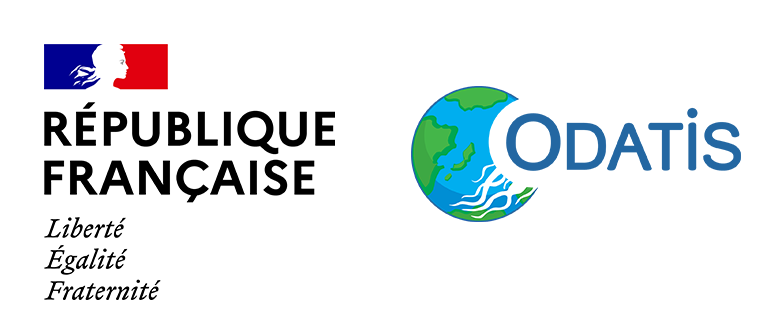News
CES Oxygen launches a challenge for the Ocean Hackathon 2022

Ocean deoxygenation is a threat to marine ecosystems and their associated services, and has raised the need for an interoperable and comprehensive O2 database. The Global Ocean Oxygen Decade (GOOD), an activity of the UN Ocean Decade, is tasked with addressing ocean hypoxia and includes increased monitoring, transdisciplinary research, improving ocean literacy, innovative outreach, and bidirectional knowledge transfer among stakeholders to develop hypoxia mitigation and adaptation measures through local, regional and global efforts. A proposed outcome of GOOD is the development of GO2DAT (Global Ocean Oxygen Database and Atlas).
The Hackathon encourages ocean oxygen data sharing, the use of new digital technologies and an entrepreneurial spirit. It will improve the oxygen data quality assurance and quality control. The resultant projects will enhance the value of a marine oxygen database, which is needed for developing and improving models and information products for decision-making processes.
The GO2DAT-Hackathon
- Brings together professionals and students who can enrich their practices and their networks.
- Encourages the building of multidisciplinary teams that combine their knowledge, talent and creativity to design solutions based on science and technological innovation.
- Is an opportunity to support ideas for developing a Global Ocean Oxygen Database and ATlas.
The objectives:
- To fully exploit data from platforms with O2 sensors to enhance monitoring & prediction capacities of ocean O2 on coastal, regional and global scales.
- To develop a Global Data Assembly Centre (GDAC) of ocean O2 data & metadata from multiple observing platforms and data streams. Protocols are needed to check for data interoperability, identify duplicates, check quality, provide feedback to the data provider, and make data & metadata accessible through the GO2DAT data portal.
- To deliver GO2DAT as an open-access database that integrates coastal and open ocean O2 data for coastal communities, national data centers, and national and local monitoring programs. By streamlining the ingestion of new data streams in harmony with exiting data services, the Hackathon team will investigate opportunities to showcase the value of developing GO2DAT.
In addition to the Ocean Hackathon's data sets, the team working on this challenge will get access to further data, which we provide for the duration of the Hackathon. There will be a data set catalogues being prepared for all participating teams. The SEXTANT team from IFREMER is helping to do this.
Subcription and schedule
- Early October: Registration starts. Ideally teams of 8 persons max. Each participant needs to select 3 choices of challenges. The Hackaton organization will interact with us so we can select our “ideal” team. Ocean Hackaton will communicate upstream to all Brest universities and engineering schools campuses, we can make our own publicity too.
- Early November : There will be a webinar for all cities for general presentation of the Ocean Hackaton; presentation by all challenges leaders of the selected challenges.
Local leaders of the challenge : Anne Daniel (IFREMER, CES ODATIS O2 and Mathieu Belbéoch (OceanOPS)
Venue
ISEN Engineering school in Brest. Meals will be provided onsite and rooms where people can rest a few hours. Bring your own sleeping bag. 15 Euros registration fees per participant.
The same Challenge has been accepted in Santiago, Chile.
Further information
- on ODATIS website : Ocean Hackathon 2022
- on Ocean Hackathon® website
- contacts of the Ocean Hackathon 2022 coordinating team
- General - Juliette | juliette.rimetz@tech-brest-iroise.fr
- Data - Alice | alice.dejoux@tech-brest-iroise.fr
- Communication - Julien | julien.gras@tech-brest-iroise.fr

